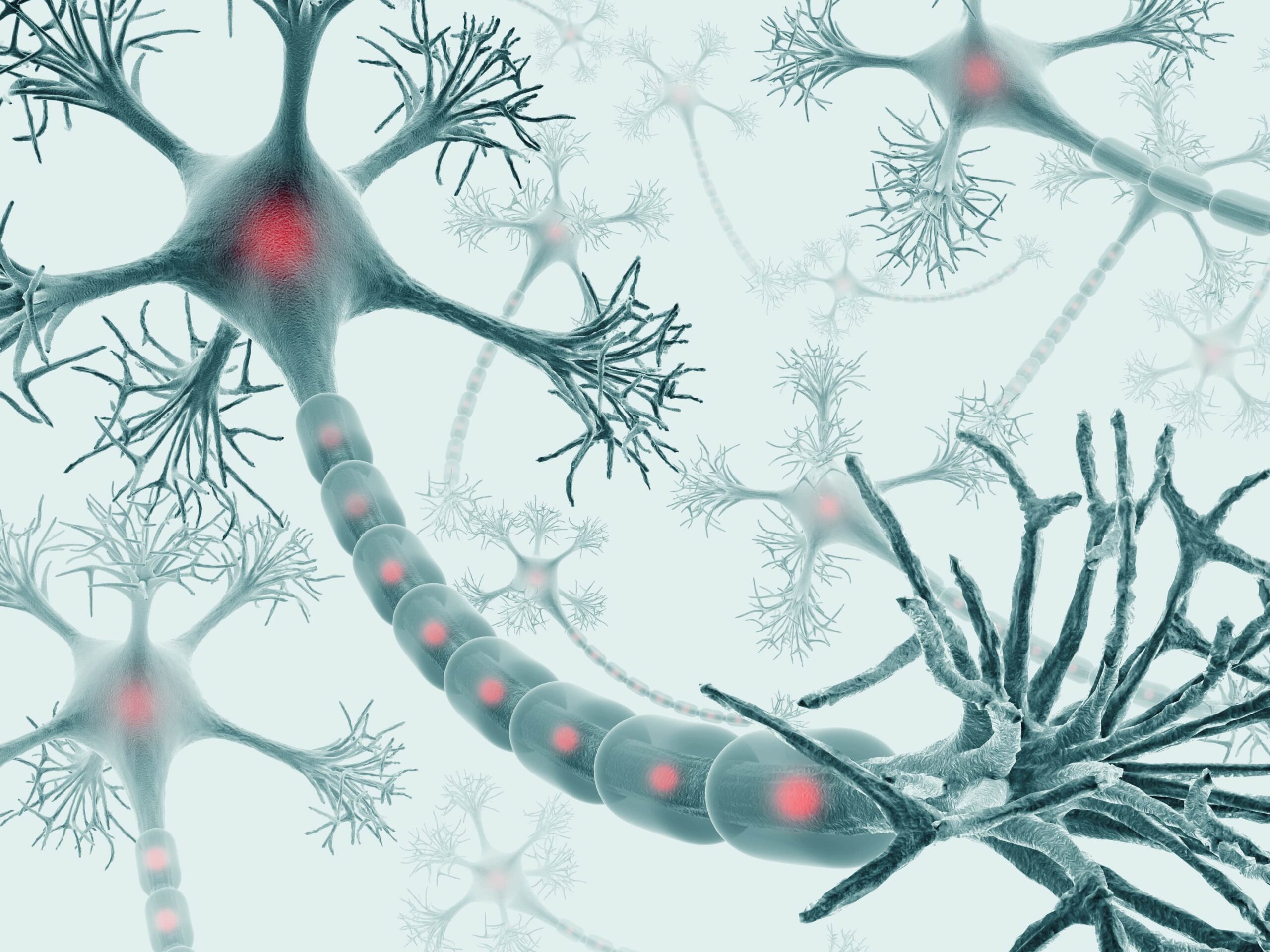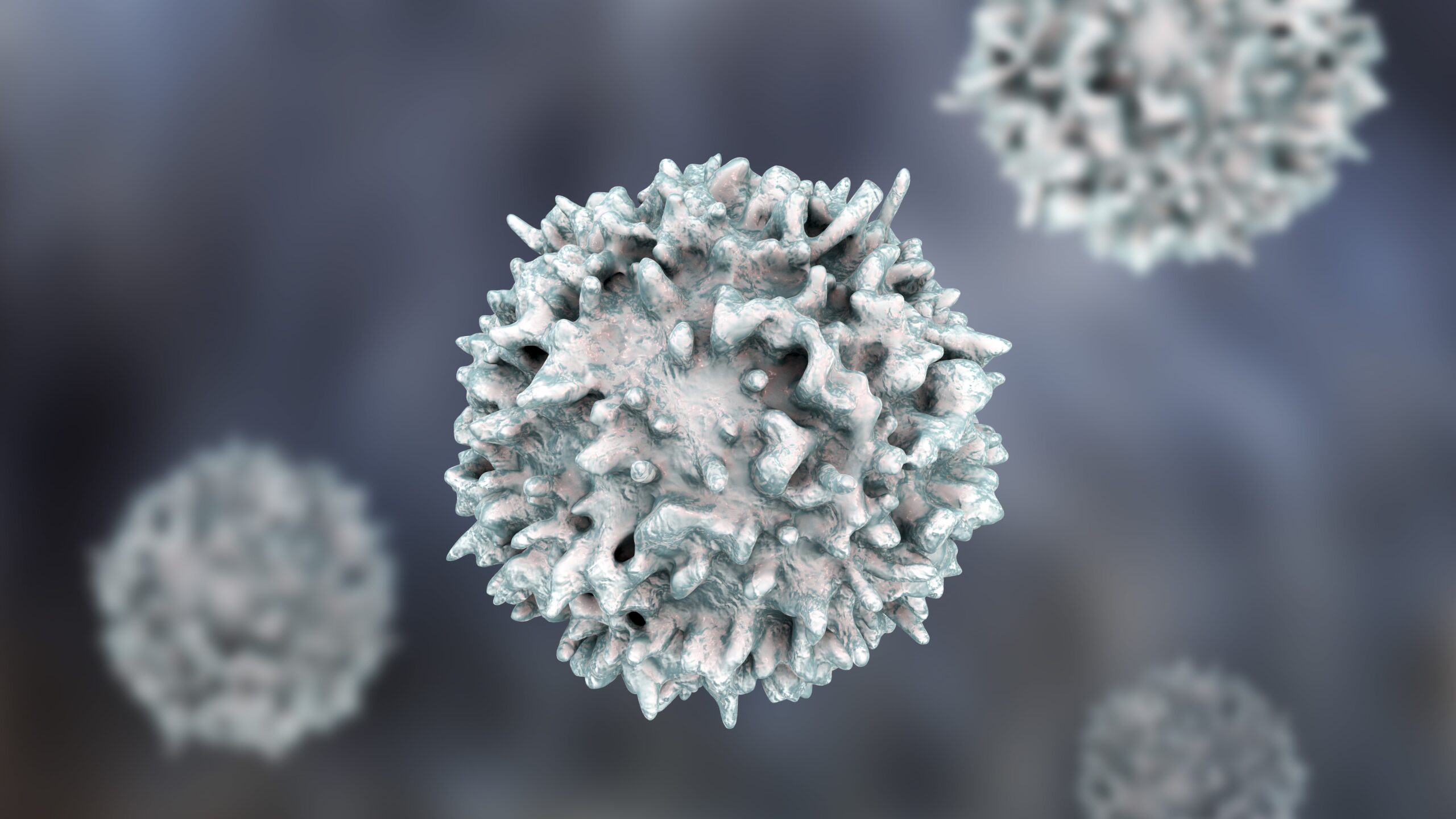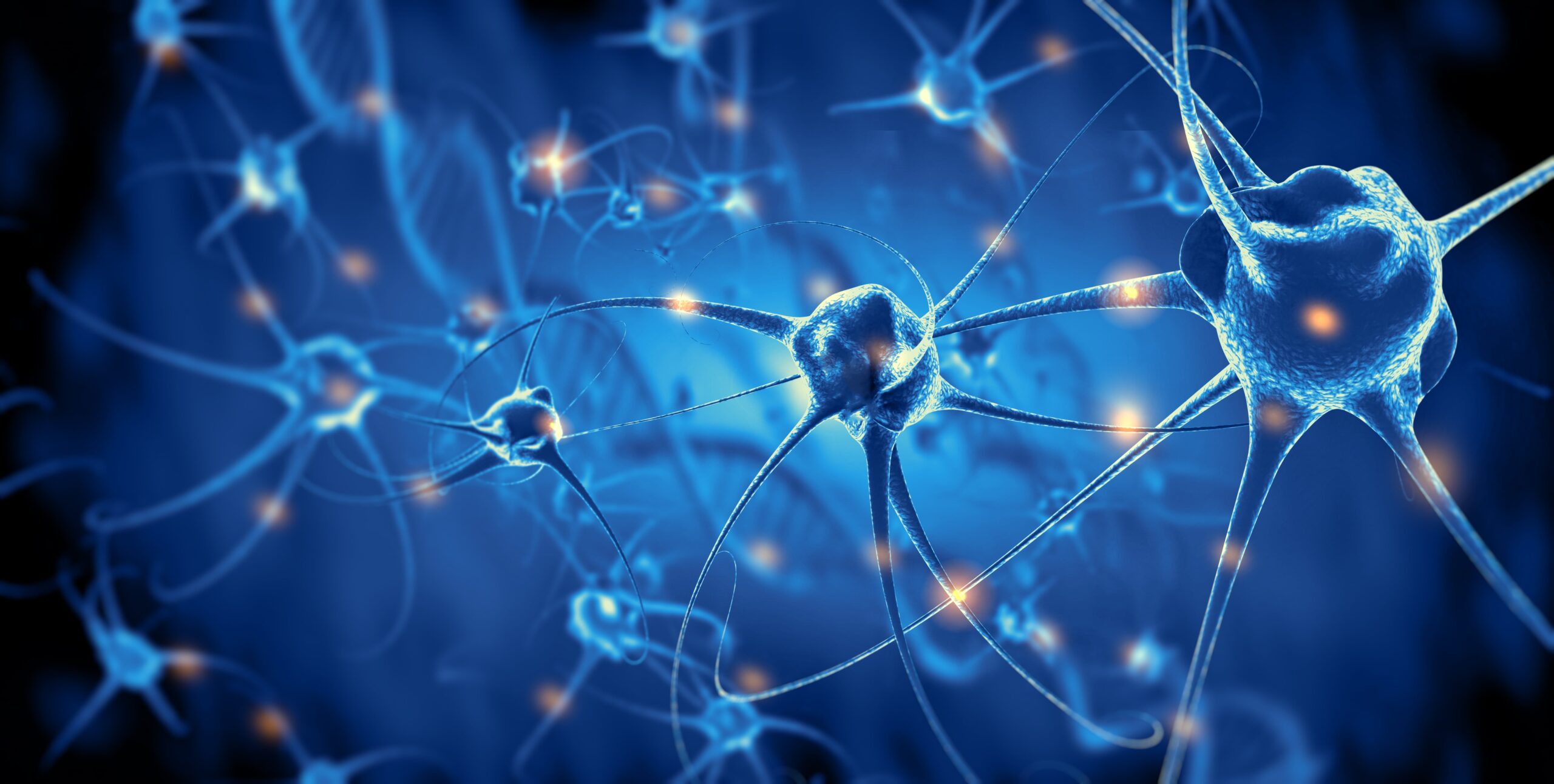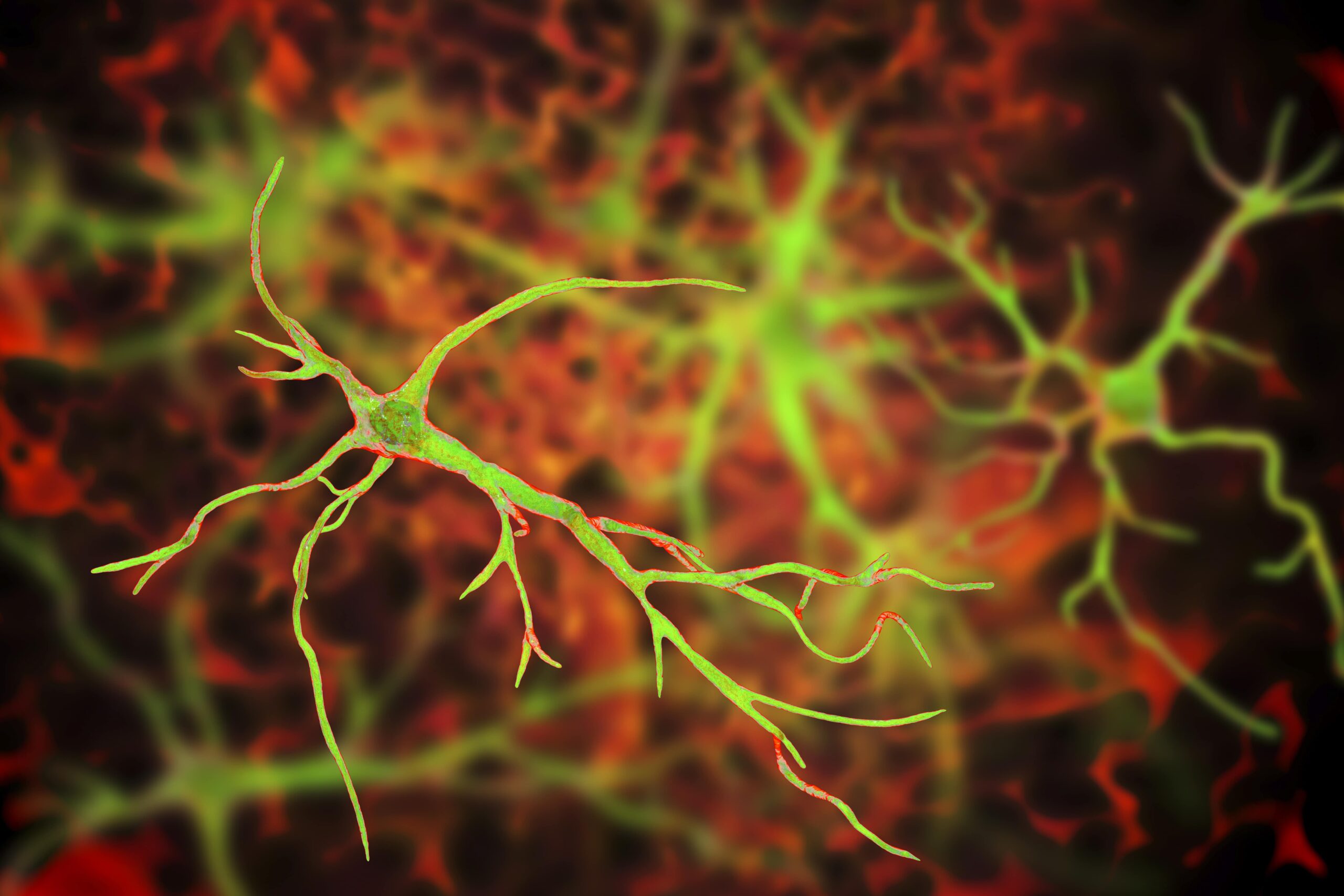Innovation
Neurofilament Light Chain as a Biomarker for Monitoring Neurological Disease in Children
The quest for early detection and intervention in pediatric neurological disorders has taken a significant leap forward thanks to a recent breakthrough study published in The Lancet Neurology. The study identifies the use of serum neurofilament light chain (NfL) as an effective predictive biomarker for neurological disorders like multiple sclerosis (MS) in children, capable of detecting ...
Cell Therapy Breakthrough for Parkinson’s Disease
Many of the motor and non-motor symptoms that occur in Parkinson’s disease are caused by the loss of midbrain dopaminergic neurons. Cell therapy has shown promise as a potential treatment for Parkinson’s disease by replacing these lost dopamine neurons, but successful cell therapy development has historically been hindered by poor graft survival. However, a recently ...
Treating Rare Diseases with Antisense Oligonucleotides
Rare genetic diseases such as ataxia-telangiectasia (A-T) pose significant challenges in the field of medicine. But a new groundbreaking study conducted by researchers at the Korea Advanced Institute of Science and Technology (KAIST) has unveiled a promising new method for using antisense oligonucleotides to treat A-T. Researchers hope that this revolutionary approach will provide treatment ...
Role of Mammillary Body Neurons in Alzheimer’s
Recent research conducted by MIT scientists may shed light on the involvement of lateral mammillary body neurons in the early stages of Alzheimer’s disease (AD). Researchers found that these neurons exhibit hyperactivity and are more susceptible to neurodegeneration, highlighting their potential role in the onset of cognitive decline. Using a mouse model, the team demonstrated ...
Targeting Astrocytes for Alzheimer’s Treatment
A team of South Korean scientists at the Institute for Basic Science have made a groundbreaking discovery about the role that astrocytes may play in Alzheimer’s disease (AD). The team of researchers, led by Director C. Justin Lee, uncovered a mechanism by which astrocytes in the brain absorb high levels of acetates, which in turn ...





